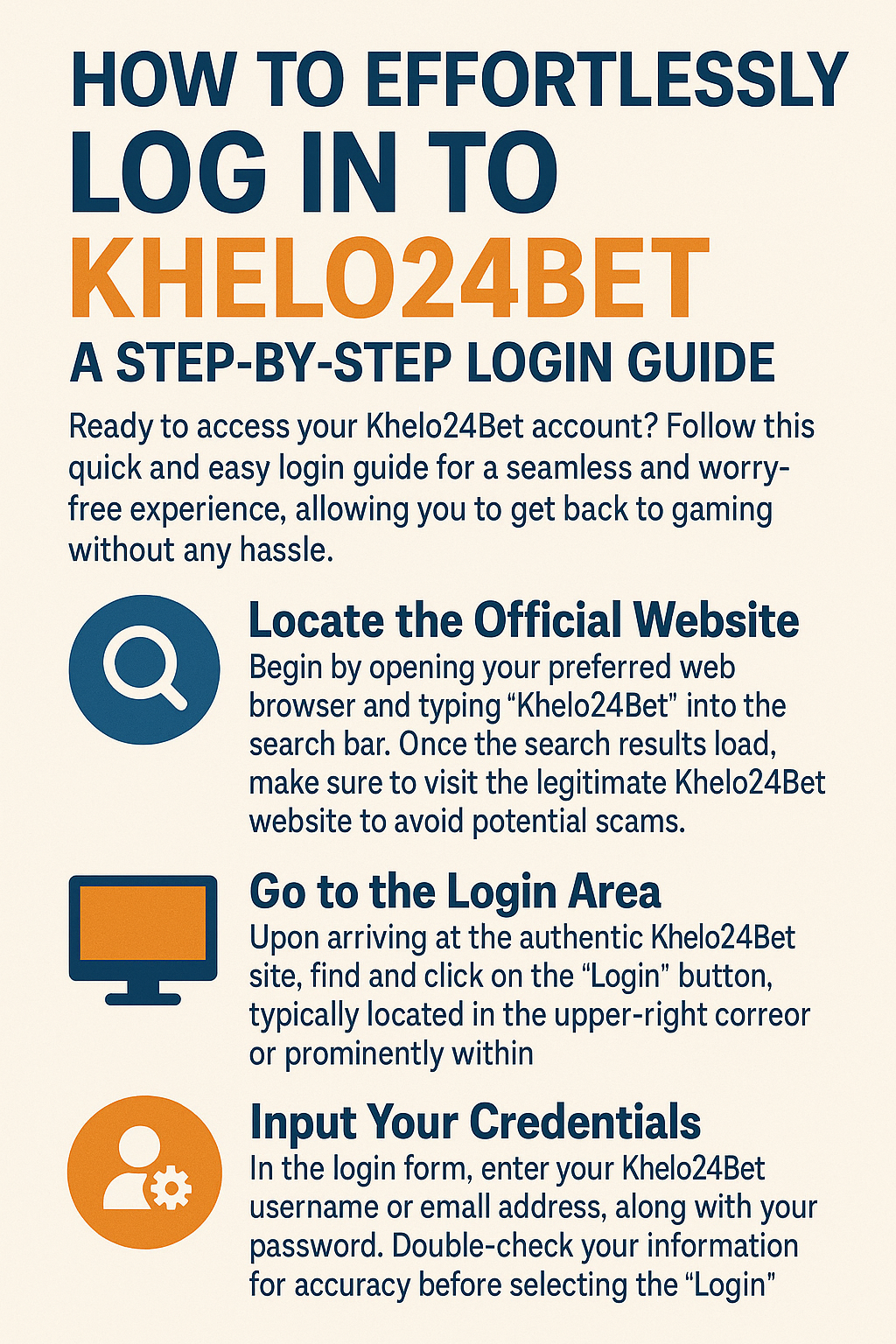Best HRMS Software in India – Choosing the Right Solution for Your Business

Managing employees has always been at the heart of business success, but in today’s fast-paced environment, traditional HR processes are no longer enough. Payroll, attendance tracking, compliance management, and employee engagement all demand accuracy, speed, and transparency. This is why companies are increasingly turning to the best HRMS software in India to simplify their operations and enhance employee satisfaction.
This guide is designed to help you make the right choice by highlighting what really matters when selecting HRMS for your organization.
Why HRMS Has Become Essential in India
HRMS (Human Resource Management System) software is a digital platform that helps organizations manage all HR functions in one place. Whether you’re running a small business or a large enterprise, HRMS can:
-
Centralize employee data for quick access and better accuracy.
-
Automate repetitive processes like salary calculations and leave approvals.
-
Ensure compliance with Indian labor laws and tax regulations.
-
Give employees self-service tools to manage their own information.
By reducing manual work, HRMS frees up HR teams to focus on strategic initiatives like employee engagement and talent development.
The Transition from Manual HR to Digital HR
Until a few years ago, many Indian companies relied heavily on spreadsheets, paperwork, and manual tracking. While these methods worked for small teams, they became inefficient and error-prone as businesses grew.
With modern HRMS platforms, even smaller companies can access advanced features like:
-
Automated payroll with compliance checks.
-
Real-time attendance tracking using biometrics or mobile apps.
-
Integrated performance review tools.
-
Secure cloud storage for employee records.
Companies that adopt HRMS often find that processes which once took hours now take minutes, improving productivity across the board.
Features to Look for in the Best HRMS Software
When evaluating HRMS solutions, focus on features that will make the most impact on your business:
1. Easy Setup and Data Import
A smooth migration from your current system ensures minimal disruption.
2. Payroll Automation
Accurate salary processing, statutory deductions, and compliance with PF, ESI, and TDS requirements.
3. Leave and Attendance Management
Integration with biometric devices, GPS-enabled mobile check-ins, and automated leave calculations.
4. Performance Management Tools
Goal-setting, progress tracking, and regular review cycles to support employee growth.
5. Mobile Accessibility
HR functions should be available anytime, anywhere through a secure app.
6. Employee Self-Service Portal
Employees can access payslips, apply for leave, and update details without HR intervention.
7. Compliance Management
Automated updates to keep your business aligned with changing Indian labor laws.
What Really Matters in Everyday Use
While technical specifications are important, your team’s experience using the HRMS matters even more. The right solution should offer:
-
Simple Navigation – Easy for both HR professionals and employees to use without long training sessions.
-
Fast and Reliable Performance – Minimal downtime and quick response times.
-
Integration Capabilities – Compatibility with accounting systems, job portals, and communication tools.
-
Customizable Workflows – Flexibility to match your company’s policies and processes.
-
Responsive Support – Help when you need it, through chat, phone, or email.
Steps to Selecting the Right HRMS
-
List Your Challenges – Identify the problems you want the software to solve, like payroll delays or inconsistent attendance records.
-
Test Before Committing – Use trial versions to check ease of use and feature compatibility.
-
Focus on Essentials – Prioritize features that directly address your company’s pain points.
-
Think Long Term – Choose a platform that can scale as your workforce grows.
-
Evaluate Value Over Cost – The HRMS software price should be judged against time savings, error reduction, and improved employee satisfaction.
-
Read Independent Reviews – Learn from the experiences of other businesses in your industry.
Mistakes to Avoid When Choosing HRMS
-
Overlooking Employee Feedback – If employees don’t find it easy to use, adoption will be slow.
-
Selecting Solely on Price – The cheapest option isn’t always the best fit.
-
Skipping Trial Runs – Without testing, you may face surprises after purchase.
-
Neglecting Data Migration Plans – Inaccurate transfers can lead to long-term errors.
Long-Term Advantages for Companies
Businesses that invest in the right HRMS often experience:
-
Reduced HR Workload – More time for strategic and employee-focused initiatives.
-
Better Employee Experience – Easy access to information builds trust and transparency.
-
Improved Compliance – Accurate, automated handling of statutory requirements.
-
Higher Productivity – Less time wasted on repetitive administrative tasks.
These benefits translate into improved retention rates, smoother operations, and a more engaged workforce.
Final Thoughts
Finding the best HRMS software in India is about more than just ticking feature boxes—it’s about choosing a tool that integrates seamlessly into your company’s operations and culture.
The right HRMS can become a strategic partner, supporting your business growth while making life easier for HR teams and employees alike. If you focus on ease of use, scalability, and strong support, you’ll be investing in a solution that delivers long-term value and keeps your organization ready for the future.






